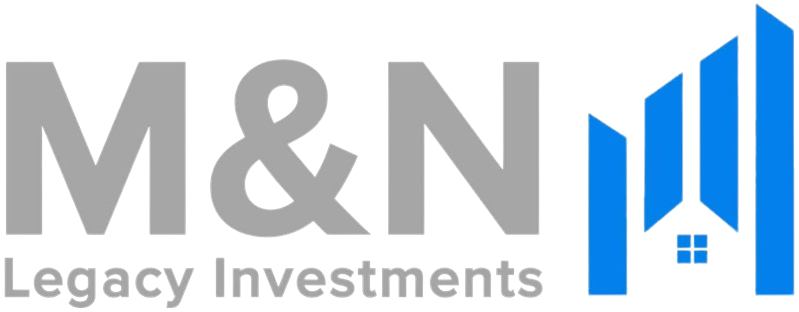Buying a home is one of the most significant financial and personal decisions you’ll ever make. Whether you’re browsing Zillow listings, scrolling through the MLS with your realtor, or simply searching “homes for sale near me,” there’s much more to the process than what you see on the screen. Understanding the key steps, market conditions, and factors that influence your purchase can save you time, money, and stress. From analyzing affordability to evaluating property red flags, being well-prepared allows you to make smart and confident choices. In this guide, we’ll break down what you need to know before buying a home near you — so you can approach the process with clarity and confidence.
Understand Your Budget and Financing
Before stepping into an open house, you need to know what you can realistically afford. According to NerdWallet, the “28/36 rule” is a smart guideline: spend no more than 28% of your monthly income on housing and keep all debt payments (including mortgage) below 36% of monthly income.
- Get pre-approved by a lender to understand your buying power.
- Factor in all costs: mortgage, insurance, property taxes, utilities, and HOA fees.
- Use online tools like Zillow’s mortgage calculator for realistic monthly estimates.
A clear financial plan sets the foundation for a smooth property search and helps you focus on the homes for sale that truly match your lifestyle and budget.
Research the Neighborhood and Location
Location is everything in real estate. Your real estate agent will tell you that buying the right house in the wrong neighborhood could impact both your quality of life and long-term property value.
- Look up crime data via crime mapping services.
- Read local reviews on Yelp or join community groups on Facebook.
- Consider commute times, school districts, and walkability scores.
- Drive through the area at different times of the day before making a decision.
For deeper insight, you can explore threads on Reddit’s r/RealEstate or questions about specific neighborhoods on Quora. These perspectives from real residents often reveal details you won’t see in a glossy listing.
Inspect the Property Beyond the Décor
Professional staging makes homes feel inviting, but buyers should look past the paint and furniture. Structural and mechanical issues are far more important. Realtor.com notes that solid foundations and well-maintained systems matter most in the long run.
- Always schedule a professional home inspection before making an offer.
- Check for red flags like water damage, roof issues, or outdated wiring.
- Ask the seller about the age and condition of HVAC, plumbing, and electrical systems.
- Walk around the exterior and note drainage, landscaping, and neighbor property conditions.
Ignoring these factors could lead to expensive surprises after closing.
Work with the Right Real Estate Agent
Your realtor is your guide, negotiator, and trusted advisor. Experienced agents often have access to off-market listings, can interpret data from the MLS, and know how to craft competitive offers in a hot housing market.
- Interview a few agents; ask about local market knowledge and client experiences.
- Look for positive reviews on platforms such as Yelp or success stories on YouTube.
- Choose someone who listens to your goals rather than just pushing a sale.
According to Zillow, having an expert at your side dramatically improves your chances of finding the right home within your budget and timeline.
Know the Timeline and Process
Buying a home involves multiple steps: searching, touring, making offers, inspections, financing, and closing. On average, the process can take several months from start to finish. Trueblood Real Estate advises narrowing your “must-have” list to essentials, giving you flexibility when the perfect property comes along.
- Search and shortlist: Use tools like Zillow or Realtor.com.
- Tours and open houses: Visit multiple homes for sale to compare options.
- Offer and negotiation: Work with your real estate agent for competitive positioning.
- Inspection and appraisal: Protect your investment with professional evaluations.
- Closing: Finalize paperwork, transfer funds, and get the keys.
While the process can feel overwhelming, understanding each step helps you stay organized and confident.
Conclusion
Before you buy a home near you, it’s essential to understand your finances, research neighborhoods, carefully inspect properties, and work with a trusted real estate agent. Combining practical research with professional support will help you avoid costly mistakes and position you for long-term success in your new property. Whether you’re browsing Zillow listings, touring with a realtor, or comparing property listings online, the path to homeownership is smoother when you’re informed. Start your home search today with confidence, and don’t hesitate to consult a local realtor to guide you through every step of the journey.

